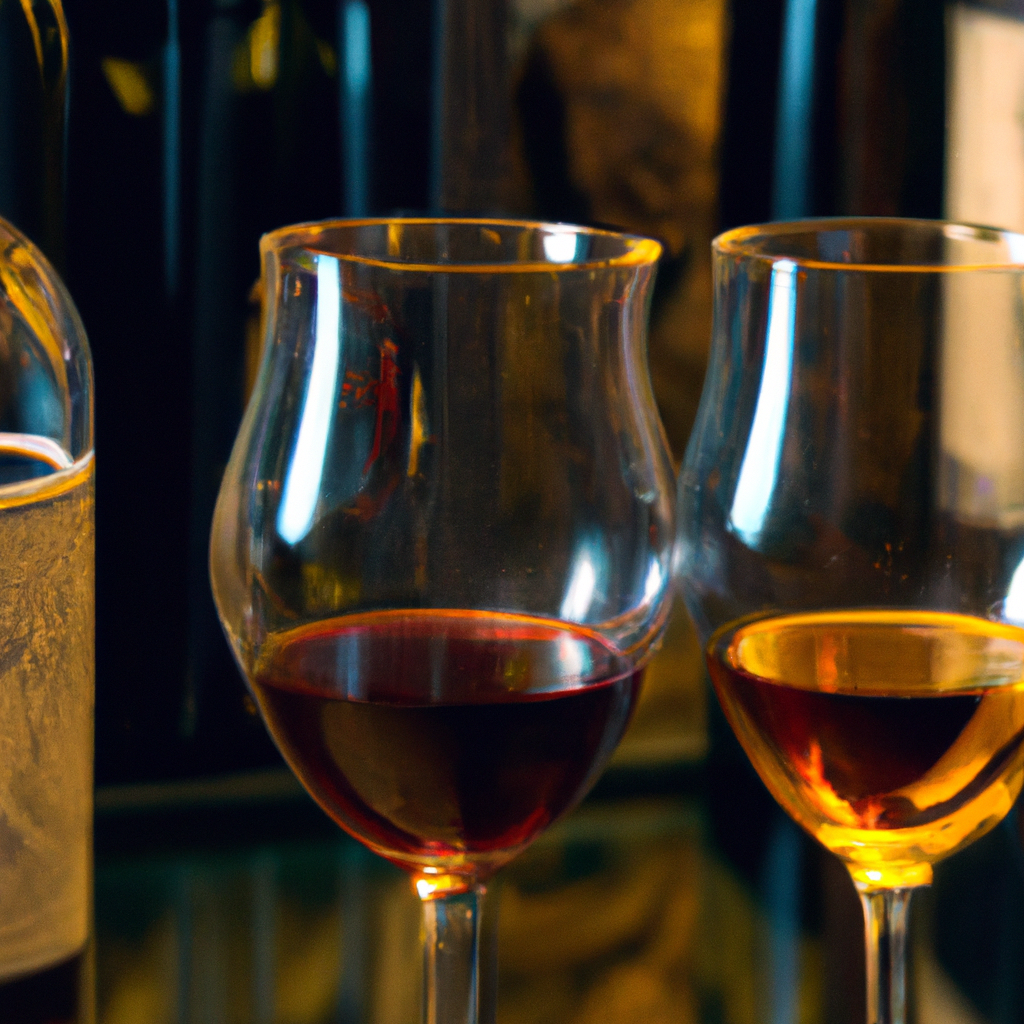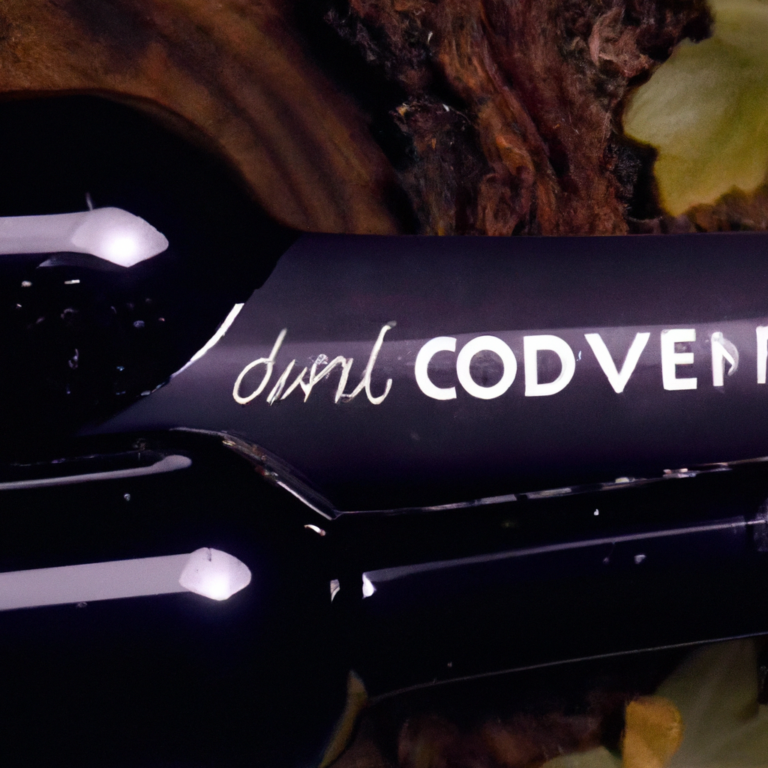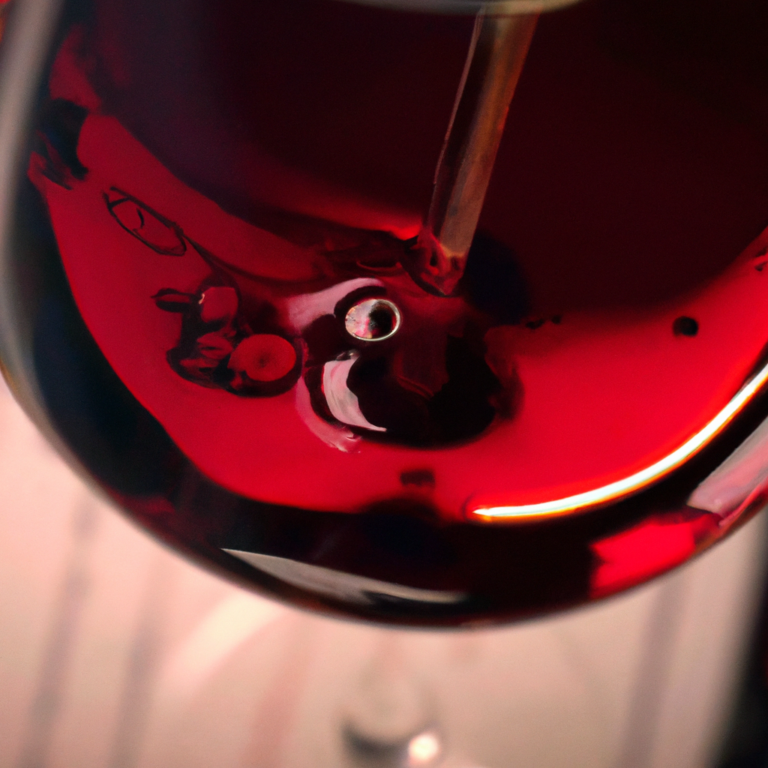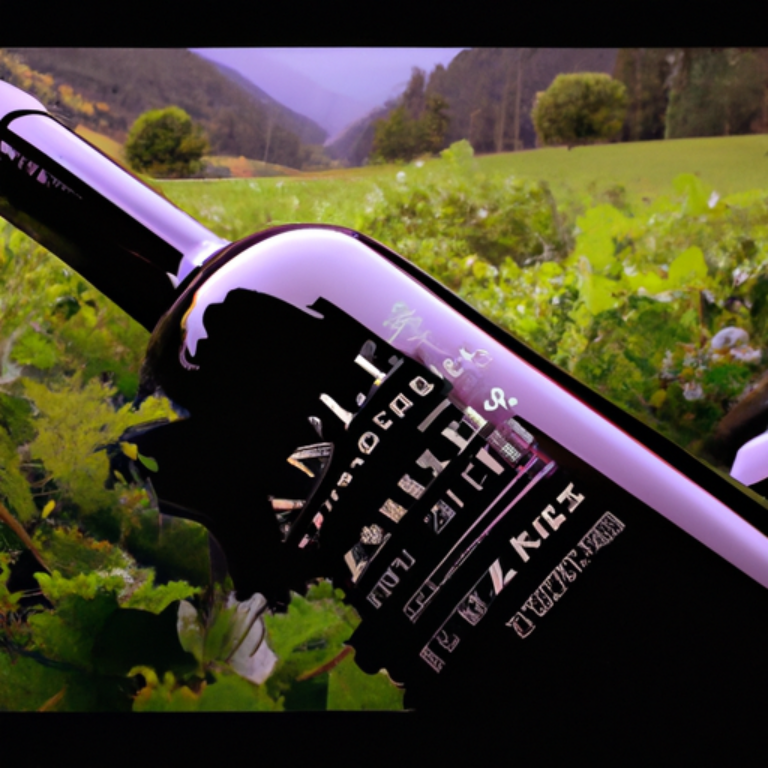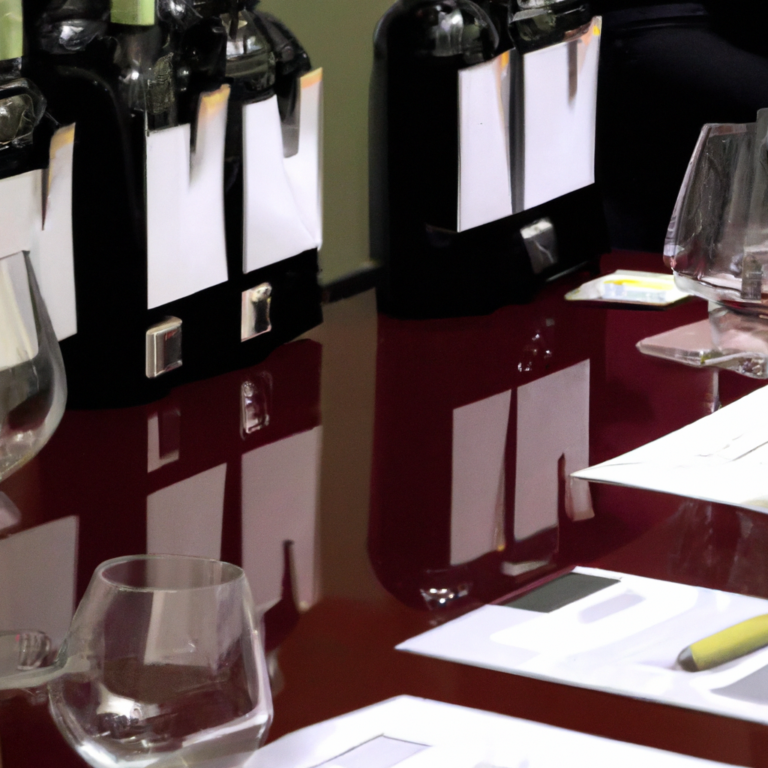Comparing Cheap Wine and Expensive Wine: 4 Key Distinctions
-
Article Summary
- Comparing Cheap Wine and Expensive Wine: 4 Key Distinctions
- Key Takeaways
- Introduction: The Great Wine Debate
- The Origin of the Wine
- The Production Process
- The Aging Process
- Marketing and Branding
- FAQ Section
- 1. Does expensive wine always taste better than cheap wine?
- 2. Can cheap wine be good quality?
- 3. Why is wine from certain regions more expensive?
- 4. Does aging always improve the taste of wine?
- 5. How much should I spend on a bottle of wine?
- Conclusion: The Value of Wine
- Revisiting the Key Takeaways
Comparing Cheap Wine and Expensive Wine: 4 Key Distinctions

[youtubomatic_search]
Key Takeaways
- Expensive wines often come from renowned regions and vineyards, while cheap wines may be produced anywhere.
- The production process of expensive wines is more meticulous and time-consuming than that of cheap wines.
- Expensive wines are typically aged longer, which can enhance their flavor and complexity.
- The marketing and branding strategies can significantly influence the price of the wine.
Introduction: The Great Wine Debate
Wine, a beverage that has been enjoyed for centuries, comes in a wide range of prices. Some bottles can be purchased for a few dollars, while others can cost hundreds or even thousands. But what exactly differentiates cheap wine from expensive wine? This article will delve into four key distinctions between the two, shedding light on the factors that contribute to their price difference.
The Origin of the Wine
The first key distinction between cheap and expensive wine lies in their origin. Expensive wines often come from renowned wine-producing regions such as Bordeaux in France or Napa Valley in the United States. These regions have a reputation for producing high-quality wines, thanks to their ideal climate and soil conditions. On the other hand, cheap wines can be produced anywhere, including regions not particularly known for wine production.
The Production Process
The second distinction is the production process. Expensive wines are often produced using traditional methods, which are more labor-intensive and time-consuming. For instance, some high-end wineries handpick their grapes and use oak barrels for fermentation and aging. In contrast, cheap wines are typically produced using modern, mechanized methods, which can produce large quantities of wine quickly and efficiently. However, these methods may not yield the same depth of flavor and complexity as traditional methods.
The Aging Process
The third distinction is the aging process. Expensive wines are typically aged for several years, sometimes even decades. This aging process can enhance the wine’s flavor and complexity, making it more enjoyable to drink. On the other hand, cheap wines are usually consumed young, often within a year or two of production. While these wines can still be enjoyable, they may lack the depth and complexity of aged wines.
Marketing and Branding
The fourth and final distinction is marketing and branding. Expensive wines often come from prestigious wineries with a long history and strong brand recognition. These wineries can charge higher prices because consumers are willing to pay for the perceived quality and prestige associated with their brand. In contrast, cheap wines often come from lesser-known wineries or large-scale producers that prioritize quantity over quality.
FAQ Section
1. Does expensive wine always taste better than cheap wine?
Not necessarily. While expensive wines are often made with higher-quality ingredients and more meticulous production methods, taste is subjective. Some people may prefer the taste of a cheap wine over an expensive one.
2. Can cheap wine be good quality?
Yes, cheap wine can still be good quality. Many affordable wines are made using modern production methods that can produce high-quality wine at a lower cost.
3. Why is wine from certain regions more expensive?
Wine from certain regions is more expensive due to factors such as the cost of land, labor, and materials in those regions, as well as the reputation and demand for wines from those areas.
4. Does aging always improve the taste of wine?
Not always. While aging can enhance the flavor and complexity of some wines, not all wines benefit from aging. Some wines are best consumed young.
5. How much should I spend on a bottle of wine?
This depends on your personal taste and budget. There are good-quality wines available at all price points, so it’s possible to find a wine you enjoy without breaking the bank.
Conclusion: The Value of Wine
In conclusion, the price of wine is influenced by a variety of factors, including its origin, production process, aging process, and marketing and branding strategies. While expensive wines often have a reputation for superior quality, this is not always the case. Ultimately, the best wine is one that you enjoy drinking, regardless of its price.
Revisiting the Key Takeaways
- Expensive wines often come from renowned regions and vineyards, while cheap wines may be produced anywhere.
- The production process of expensive wines is more meticulous and time-consuming than that of cheap wines.
- Expensive wines are typically aged longer, which can enhance their flavor and complexity.
- The marketing and branding strategies can significantly influence the price of the wine.
[youtubomatic_search]

